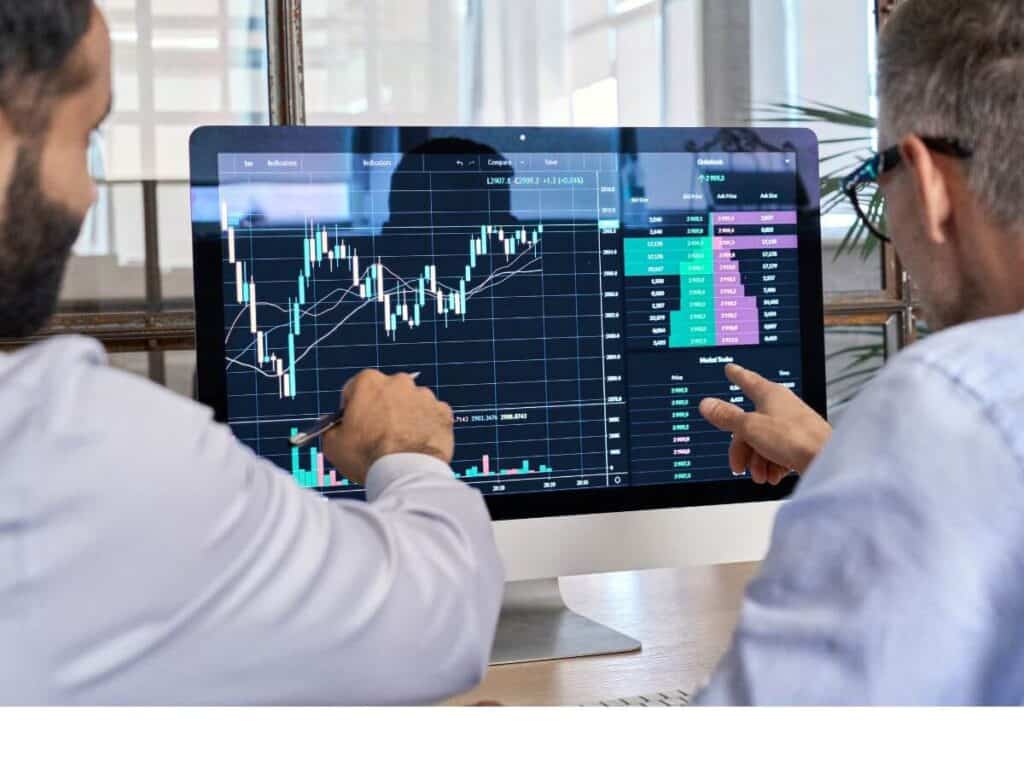The Forex market has grown exponentially with the rise of digital platforms, making trading more accessible than ever. However, this digital transformation also brings increased security risks. Cyberattacks, data breaches, and financial fraud are now significant concerns for traders and brokers alike. To maintain trust and ensure safe trading environments, brokers have implemented robust security protocols. Understanding these measures can help traders choose a Forex trading broker that prioritizes safety alongside performance.
Data Encryption: The First Line of Defense
In an industry where sensitive financial information is exchanged continuously, data encryption is critical. Brokers use advanced encryption protocols like SSL (Secure Sockets Layer) to protect client data during transmission. This technology ensures that information, including personal details and transaction records, remains secure from unauthorized access. A reliable Forex trading broker applies end-to-end encryption, safeguarding data both in transit and at rest.
Two-Factor Authentication (2FA) for Account Protection
Passwords alone are no longer sufficient to secure trading accounts. Recognizing this vulnerability, brokers have adopted two-factor authentication (2FA) as a standard security measure. This system requires users to verify their identity through an additional step, such as a code sent to their phone or email. A proactive Forex trading broker encourages clients to enable 2FA, adding an extra layer of protection against unauthorized account access.
Segregated Accounts for Client Funds
One of the most critical responsibilities for brokers is safeguarding client funds. Reputable brokers maintain segregated accounts, meaning client funds are kept separate from the company’s operational accounts. This practice ensures that traders’ money is protected even if the broker faces financial difficulties. A transparent Forex trading broker will clearly communicate this practice and provide clients with access to account audit reports if needed.
Regular Security Audits and Compliance Checks
The financial industry is subject to strict regulatory oversight, especially regarding cybersecurity. Brokers must conduct regular security audits to identify vulnerabilities and implement necessary improvements. Independent cybersecurity firms often perform these audits to provide unbiased assessments. A trustworthy Forex trading broker will comply with regulations from entities like the FCA, ASIC, or CySEC, ensuring their security practices meet industry standards.
Real-Time Fraud Detection Systems
In today’s digital market, malicious activities like identity theft and account manipulation are constant threats. Brokers combat these risks with real-time fraud detection systems. These tools monitor trading activity, flagging unusual patterns that may indicate unauthorized access or fraudulent trades. A vigilant Forex trading broker invests in advanced machine learning algorithms to improve these systems’ accuracy, minimizing the likelihood of financial losses due to fraud.
Client Education and Awareness Initiatives
Technology alone cannot guarantee security—traders must also play their part. Brokers now offer educational resources to help clients recognize phishing scams, practice secure password habits, and respond appropriately to suspicious activity. A responsible Forex trading broker will regularly update clients on emerging threats and provide guidance on how to safeguard their accounts effectively.
The Role of Blockchain in Forex Security
Blockchain technology, initially popularized by cryptocurrencies, is now being explored as a tool for enhancing Forex trading security. Its decentralized nature makes transaction records immutable and transparent, reducing the risk of tampering. Some brokers have started implementing blockchain-based solutions to secure transaction histories and improve trust. A forward-thinking Forex trading broker might adopt these innovations to stay ahead of cybercriminals.
Collaborations with Cybersecurity Experts
Recognizing the growing complexity of digital threats, brokers are increasingly partnering with cybersecurity firms to fortify their defenses. These collaborations lead to the development of advanced security protocols, such as biometric verification and AI-powered anomaly detection. A well-established Forex trading broker understands that investing in external expertise is crucial for staying resilient against evolving cyber threats.
Security in Forex trading extends beyond protecting funds—it’s about safeguarding trust and ensuring a seamless trading experience. Brokers employ various measures, from data encryption to real-time fraud detection, to protect their clients’ interests. For traders, choosing a Forex trading broker that prioritizes these security practices is essential for peace of mind in an increasingly digital world.
As technology continues to evolve, so will the methods employed by both brokers and cybercriminals. Staying informed about these security practices and selecting brokers with a proven track record of safety can help traders navigate the Forex market with confidence.
